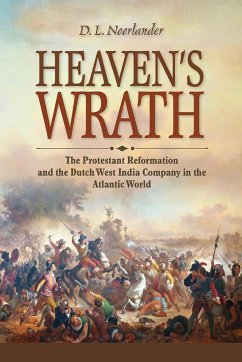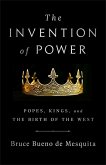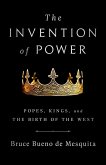Heaven's Wrath explores the religious thought and religious rites of the early Dutch Atlantic world. D. L. Noorlander argues that the Reformed Church and the West India Company forged and maintained a close union, with considerable consequences across the seventeenth century. Dutch merchants, officers, sailors, and soldiers found in their faith an ideology and justification for mercantile and martial activities. The West India Company supported the Reformed Church financially in Europe and helped spread Calvinism to other continents, while Calvinist employees and colonists benefitted from the familiar aspects of religious instruction and public worship. Yet, Noorlander argues, the church-company union also encouraged destructive military operations against Catholic enemies abroad and divisive campaigns against sinners and religious nonconformers in colonial courts. Religious fervor, violence, and intolerance imposed financial and demographic costs that the small Dutch Republic and its people-strapped colonies could not afford. At the same time, the Reformed Church in the Netherlands undermined its own religious mission by trying to control colonial hires, publications, and organization from afar. Noorlander's argument in Heaven's Wrath questions the core assumptions about why the Dutch failed to establish a durable empire in America. He downplays the usual commercial explanations and places the focus instead on the tremendous expenses incurred in the Calvinist-backed war and the Reformed Church's meticulous, worried management of colonial affairs. By pinpointing the issues that hampered the size and import of the Dutch Atlantic world, Noorlander is poised to revise core notions about the organization and aims of the Dutch empire, the culture of the West India Company, and the very shape of Dutch society.








